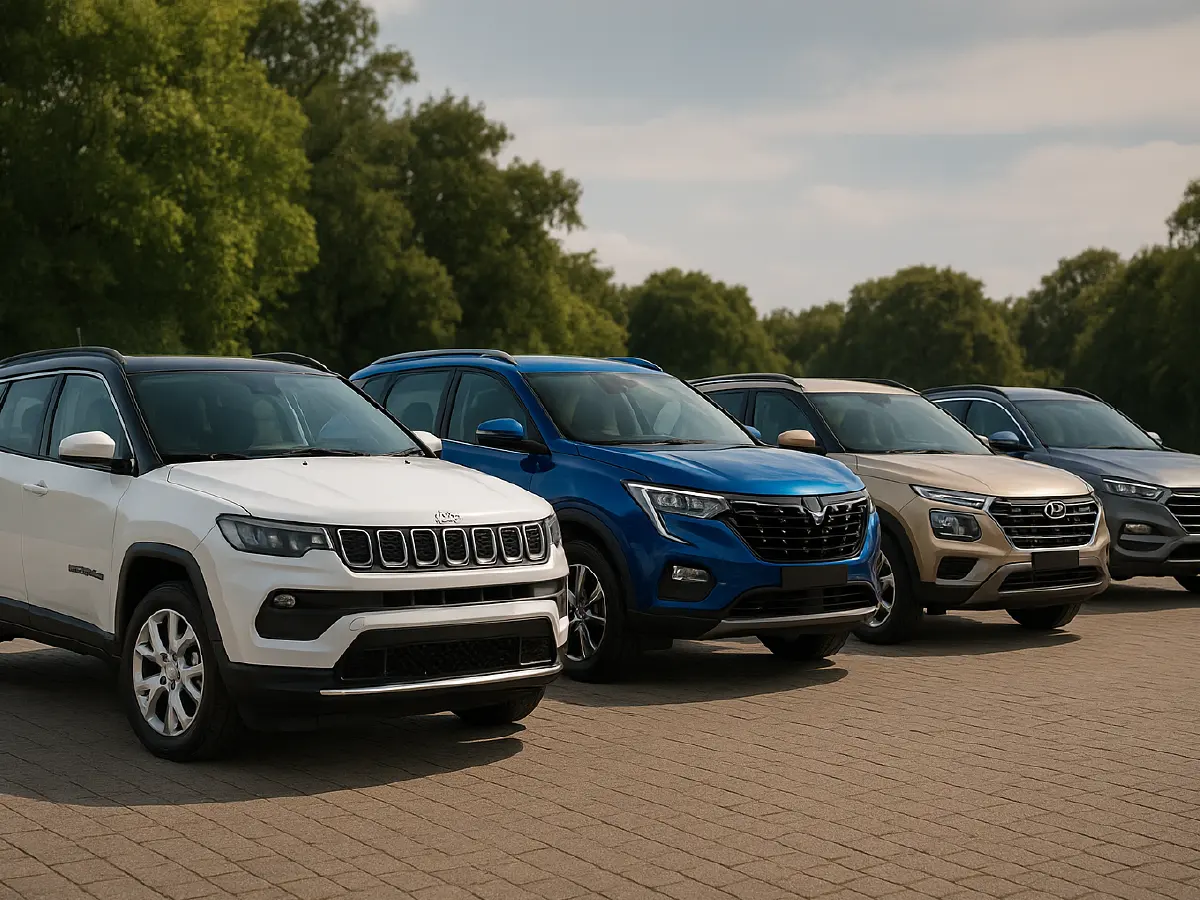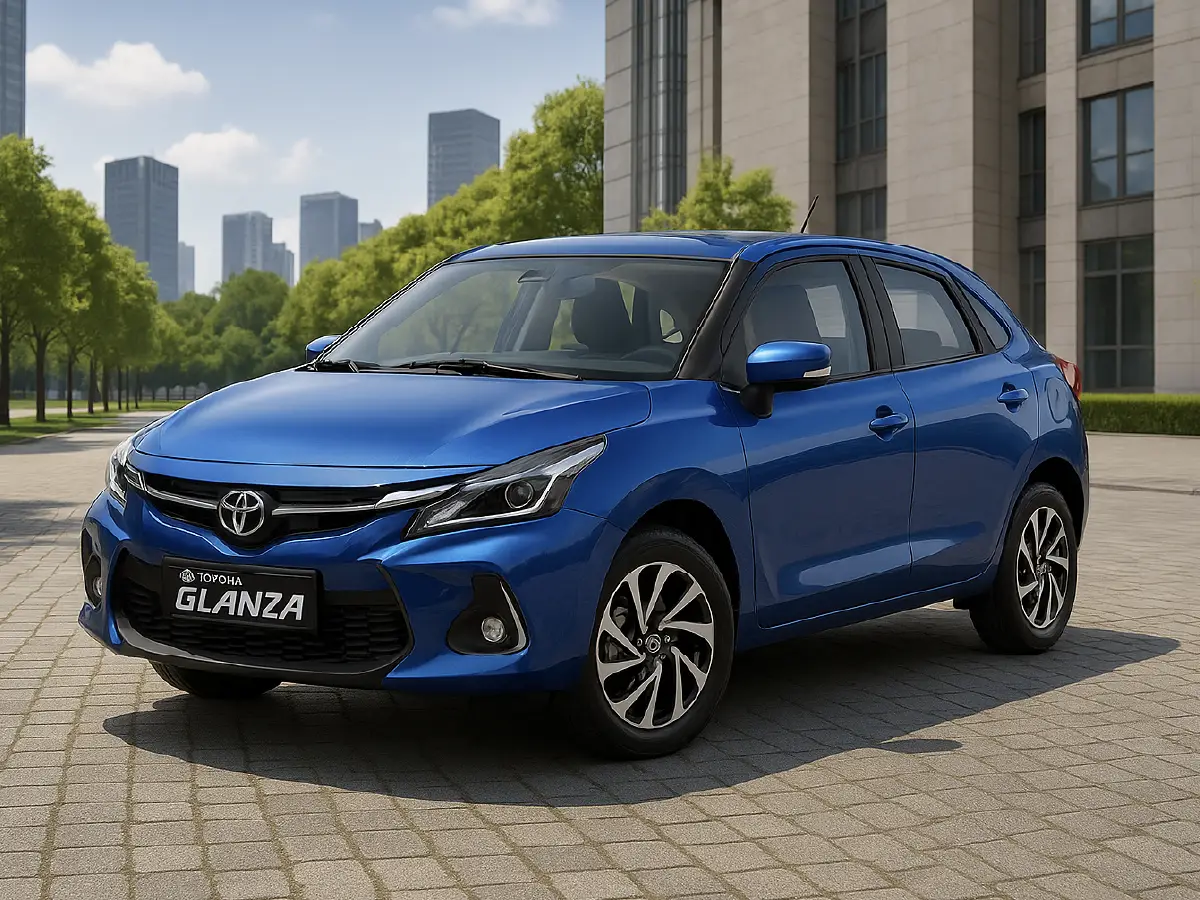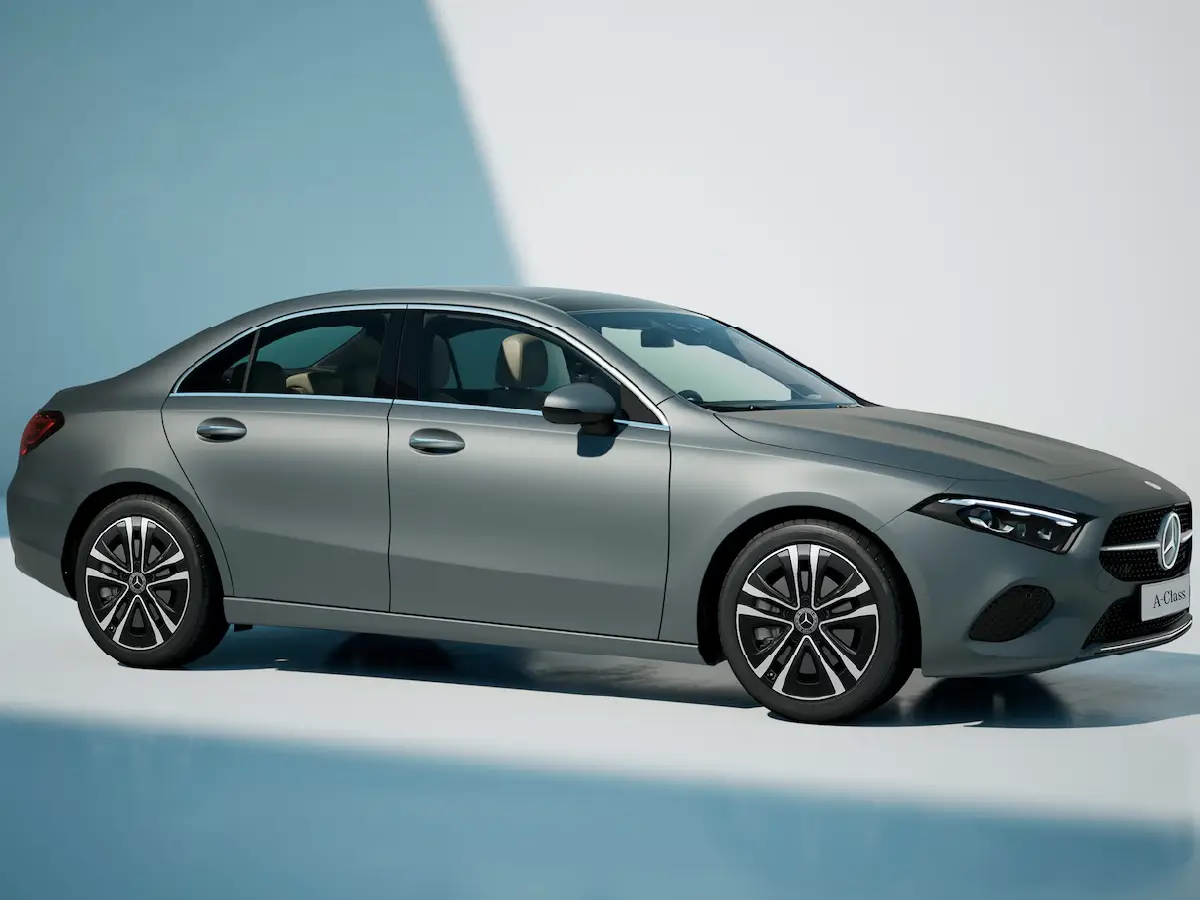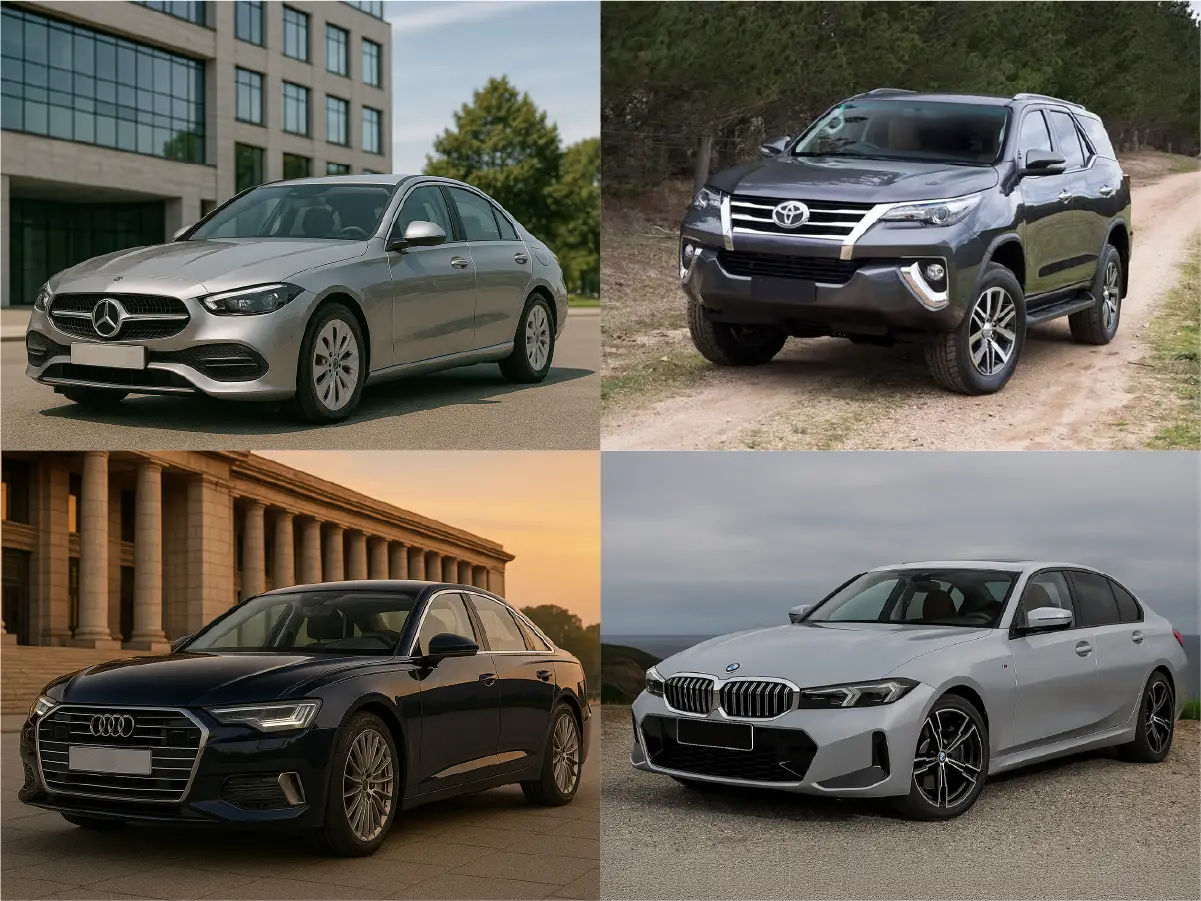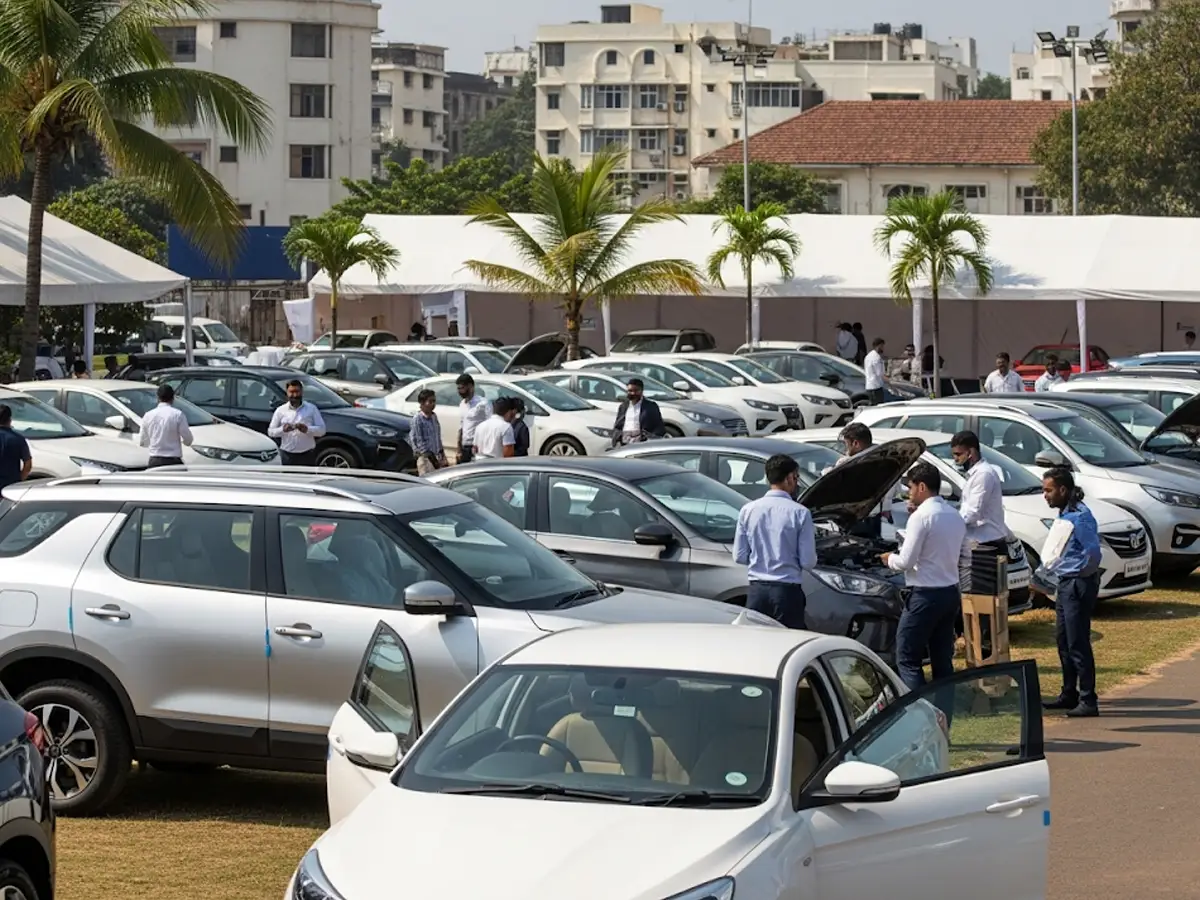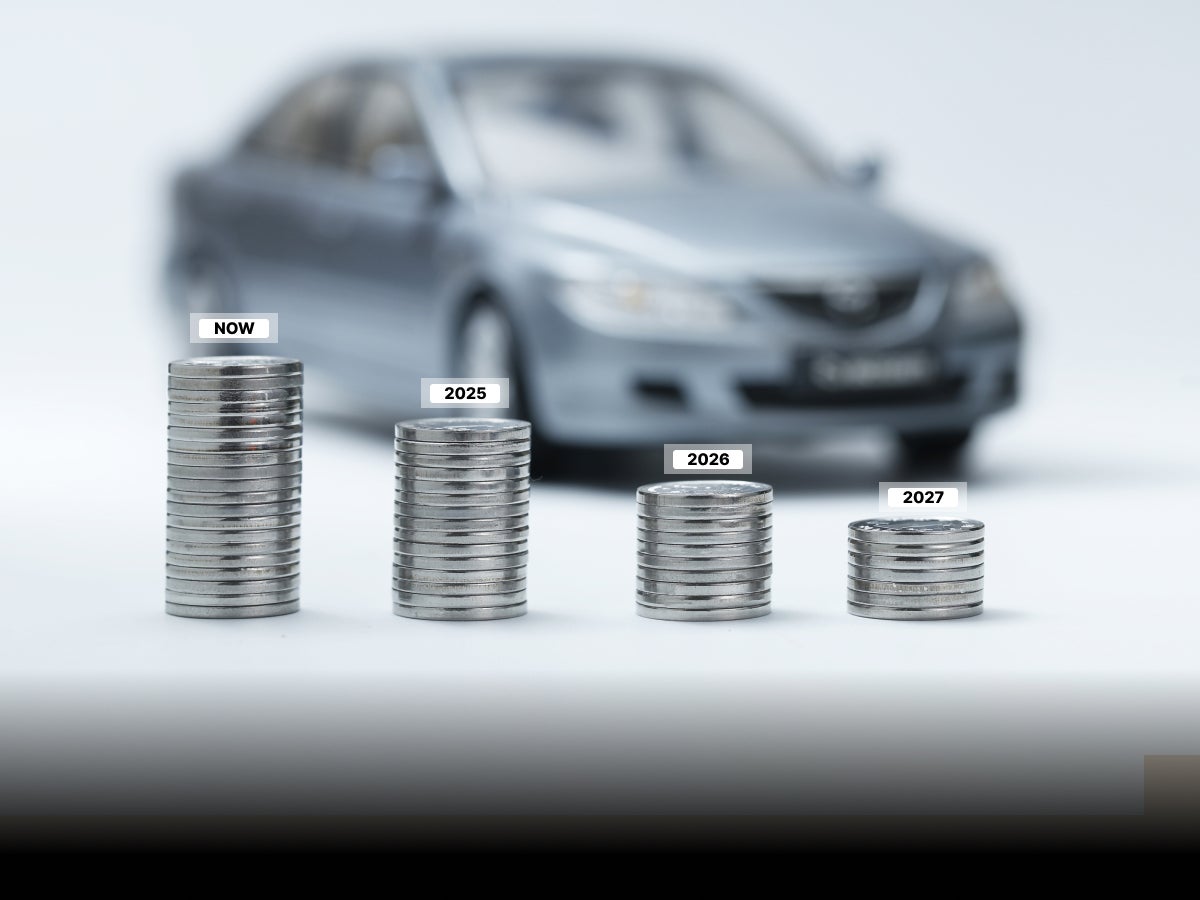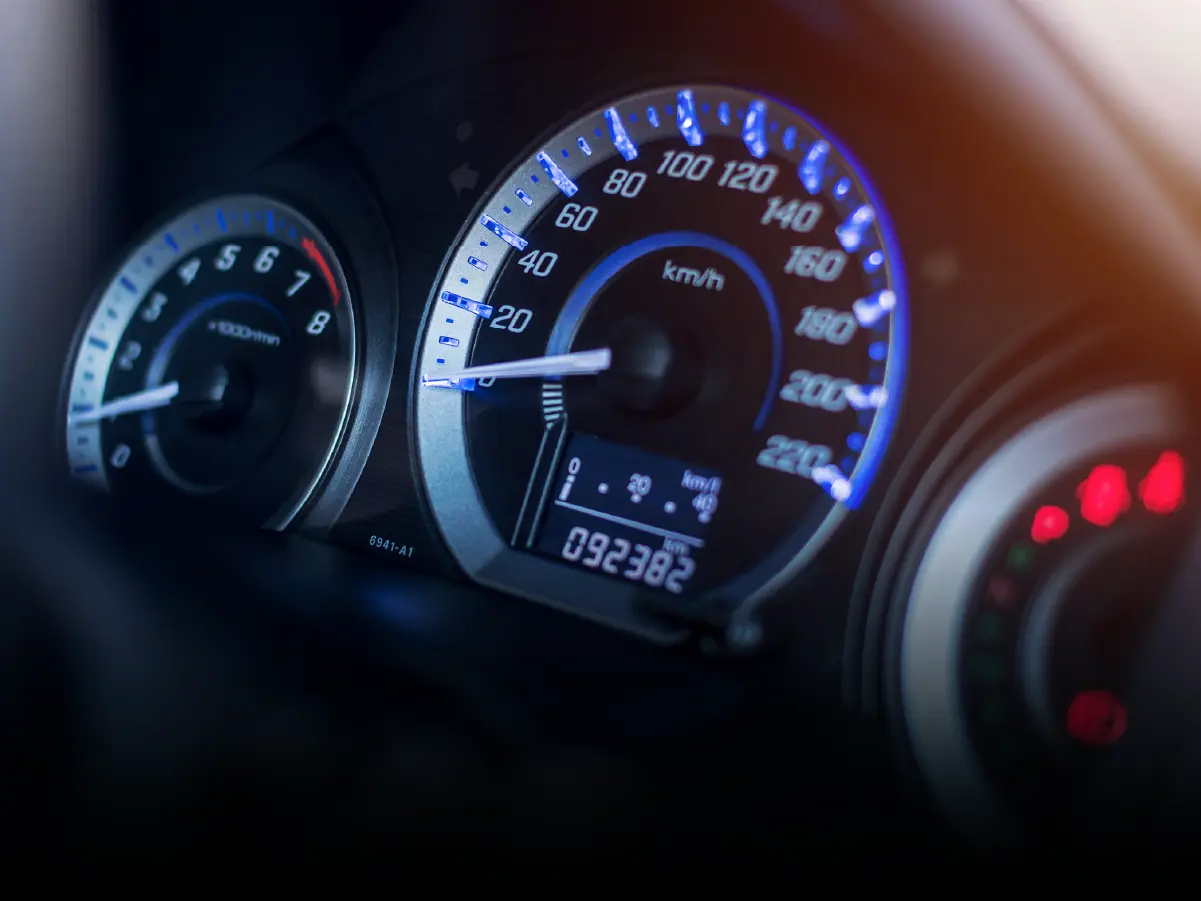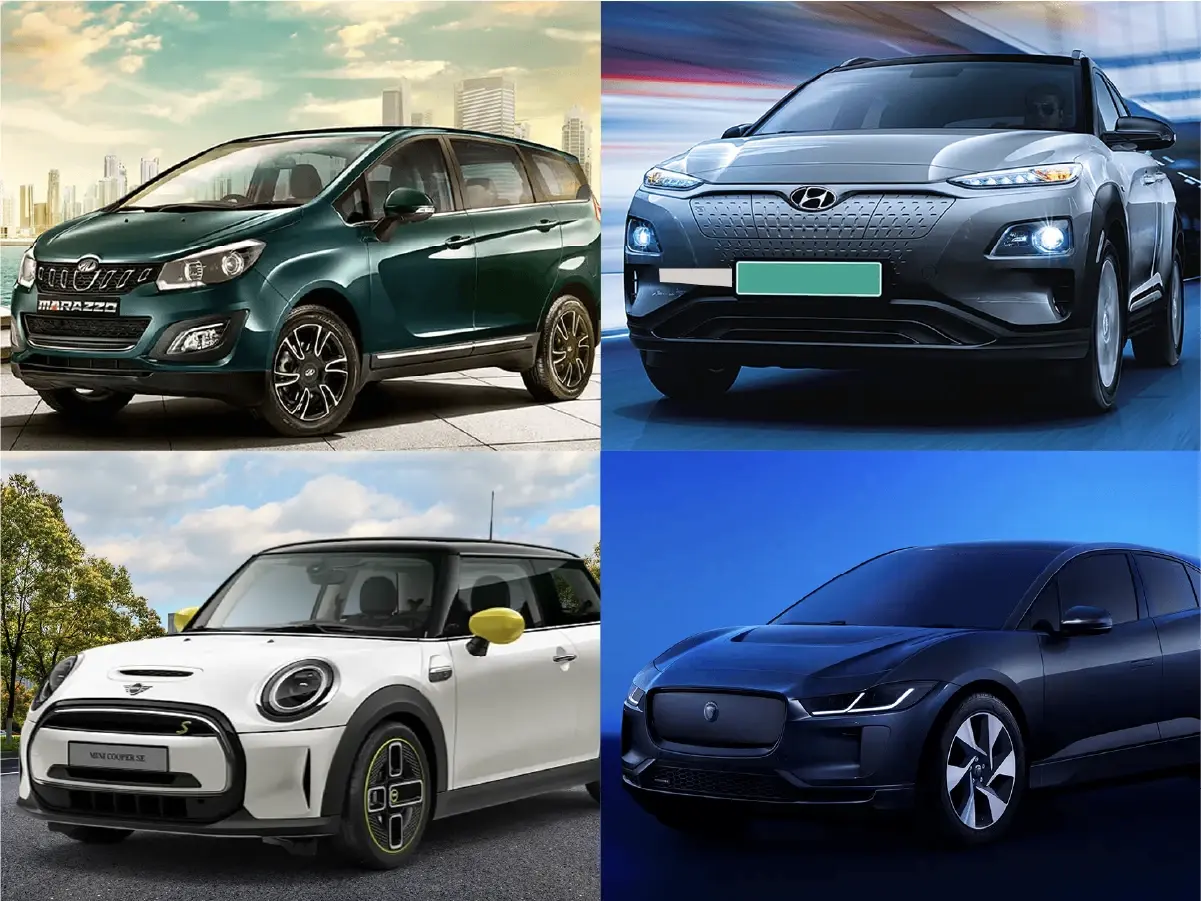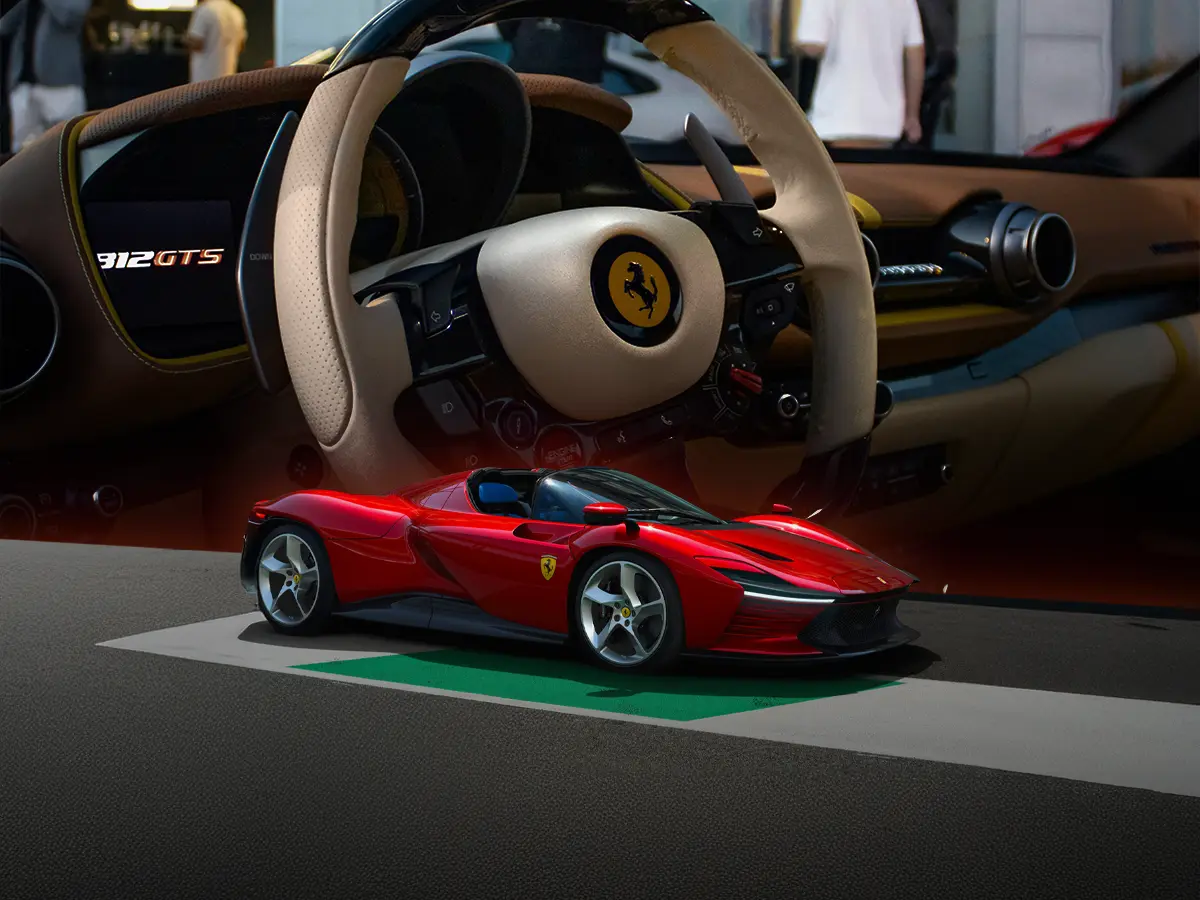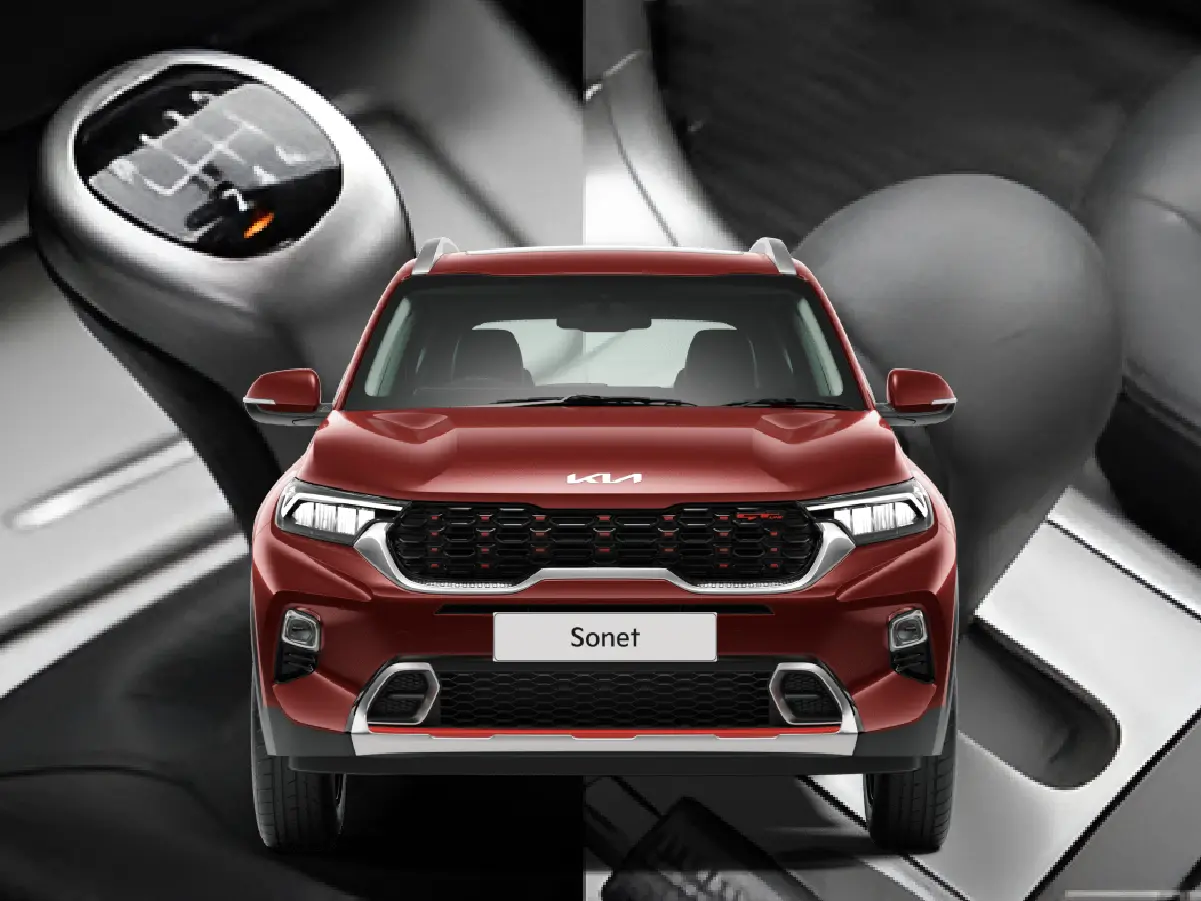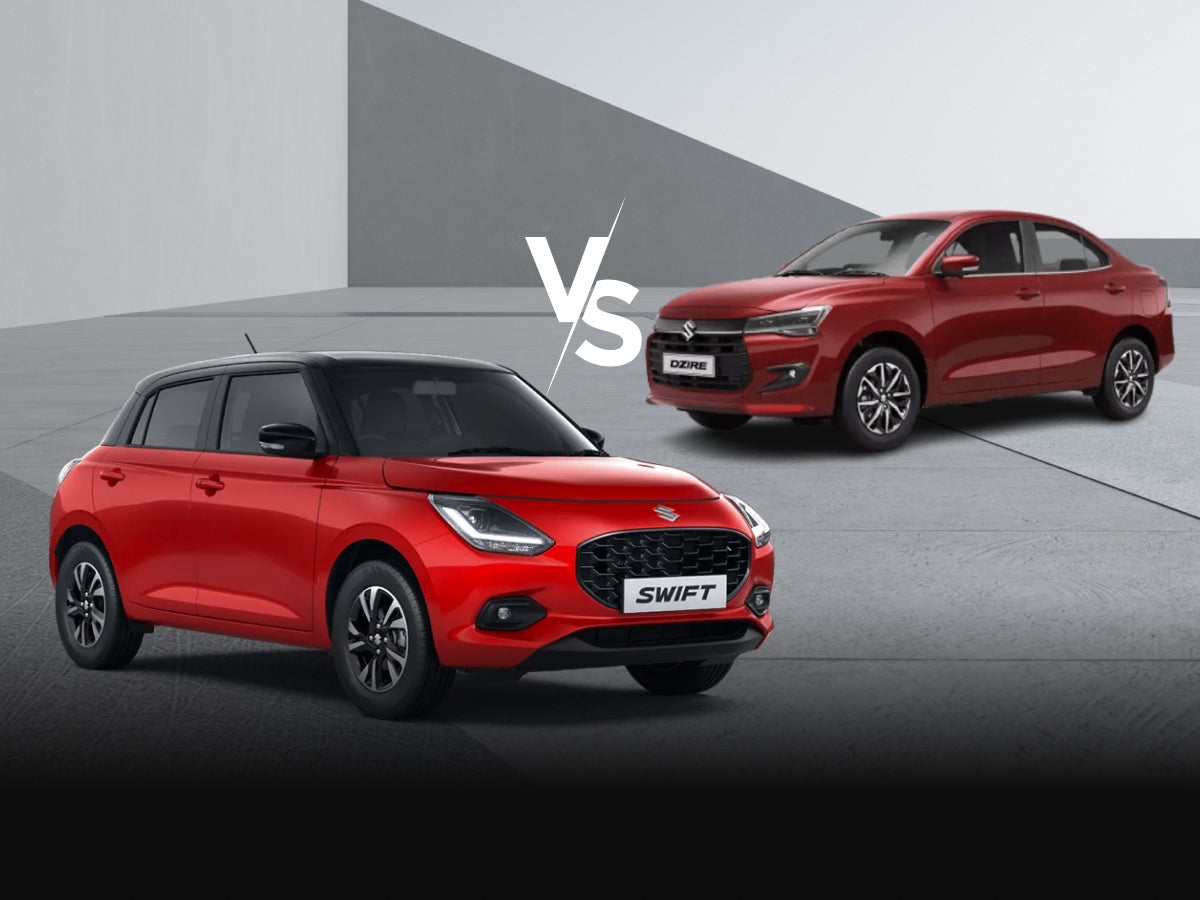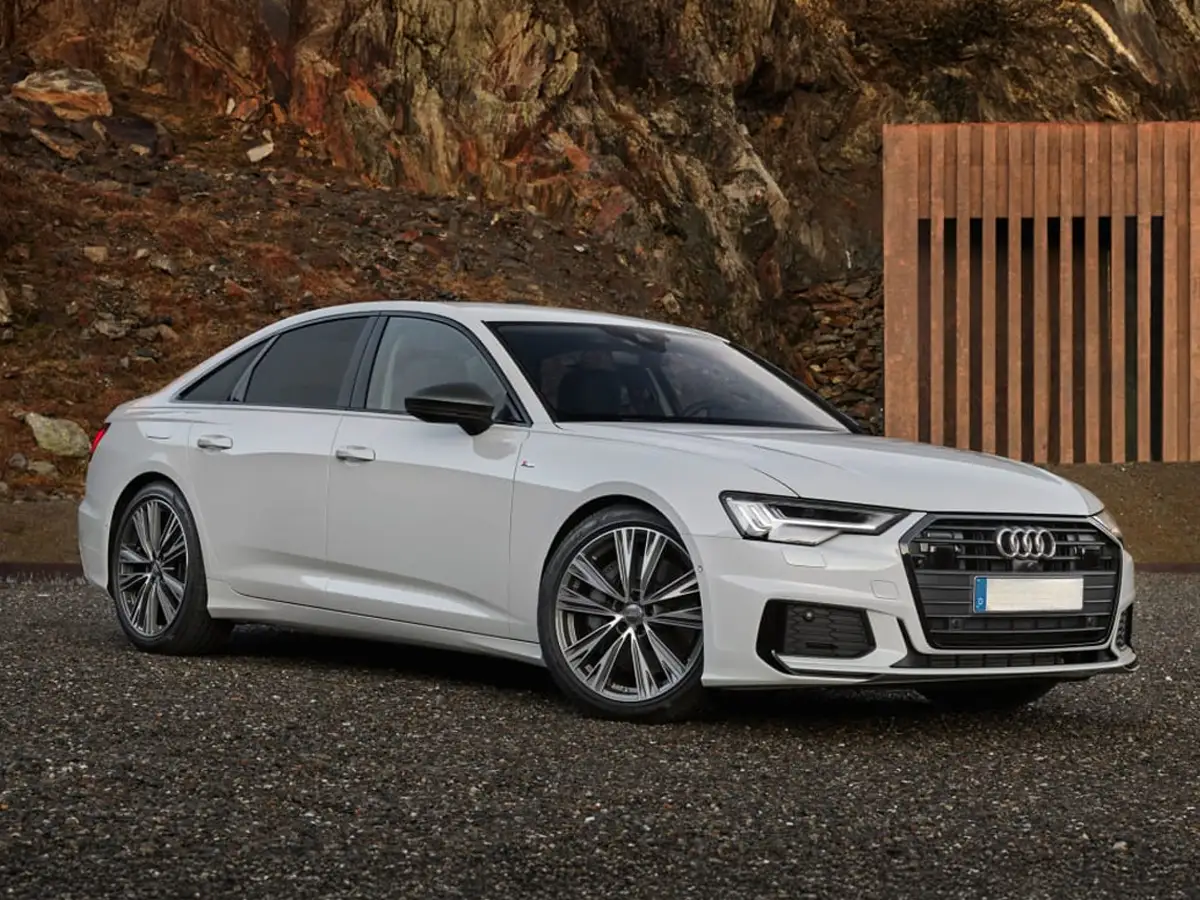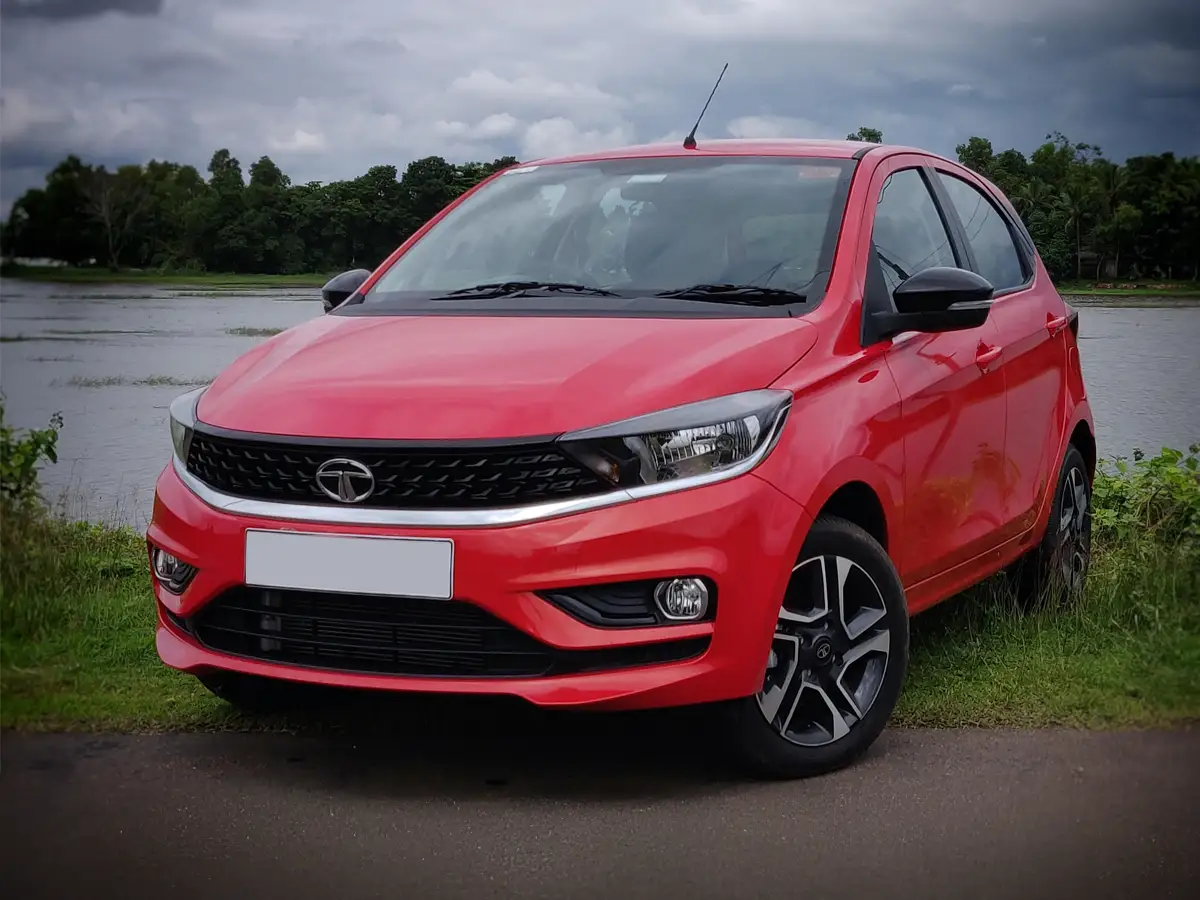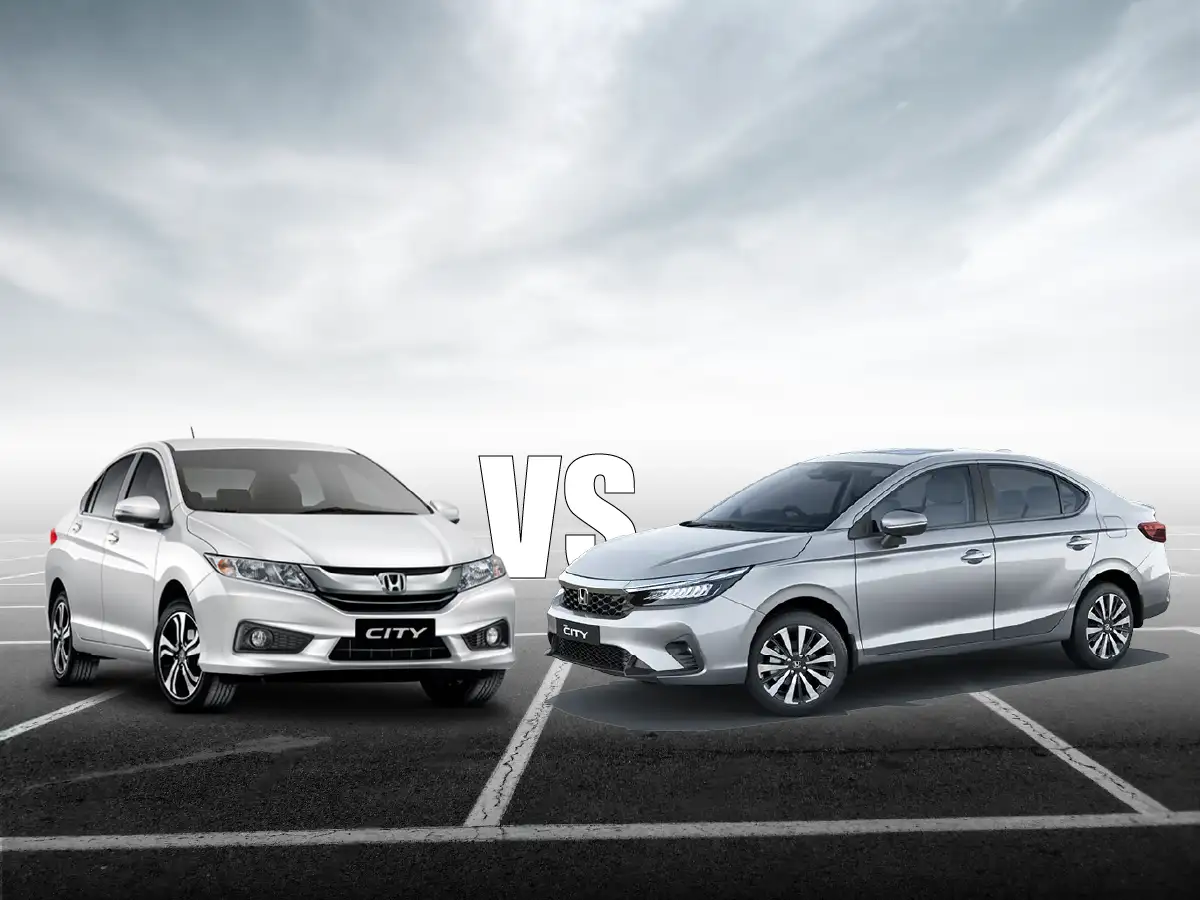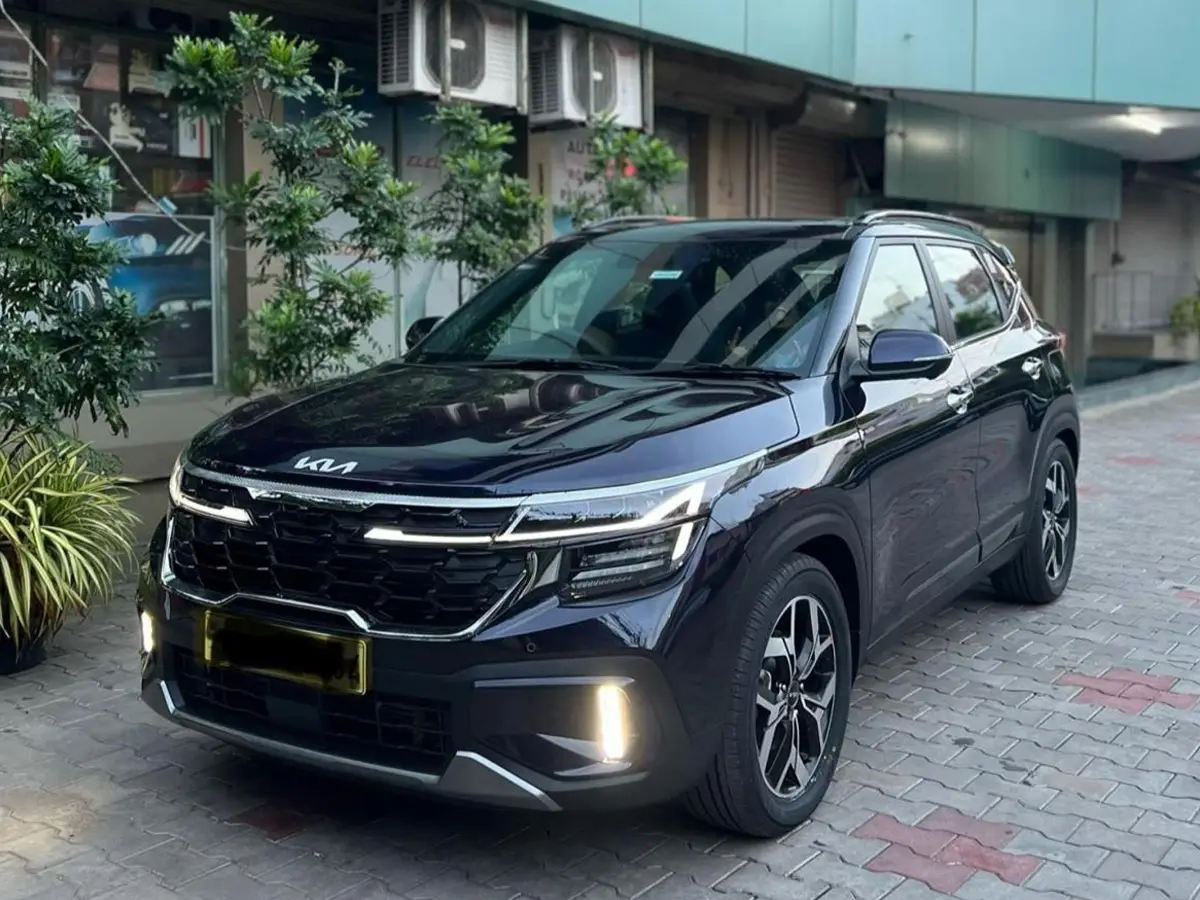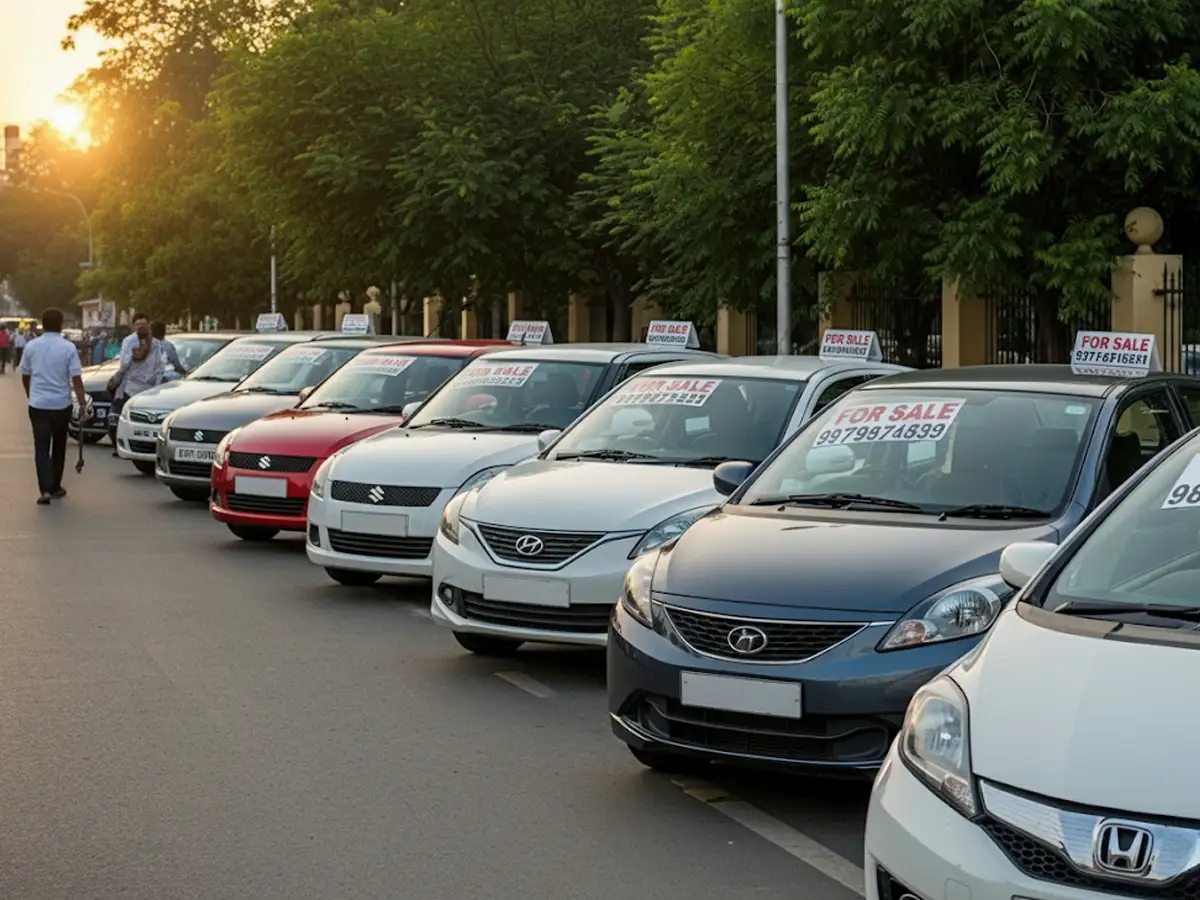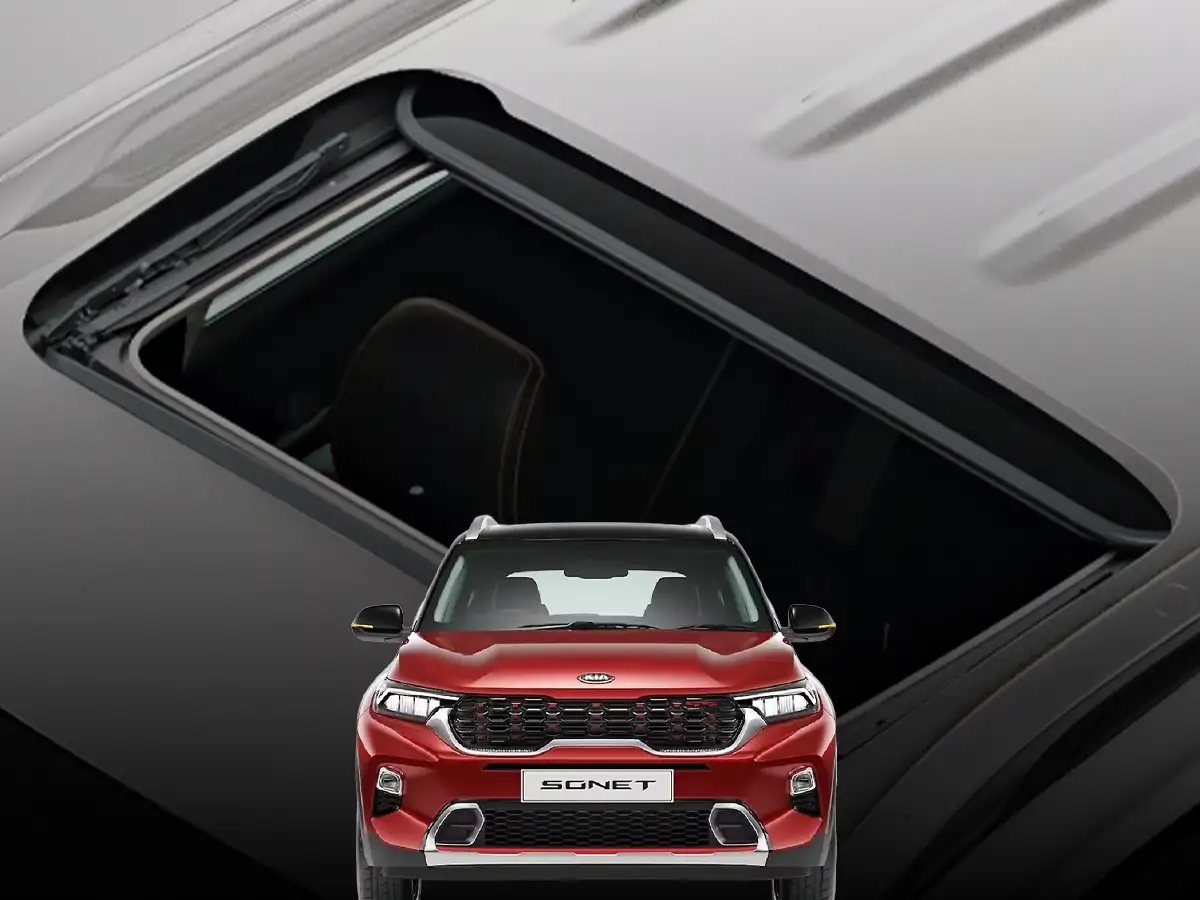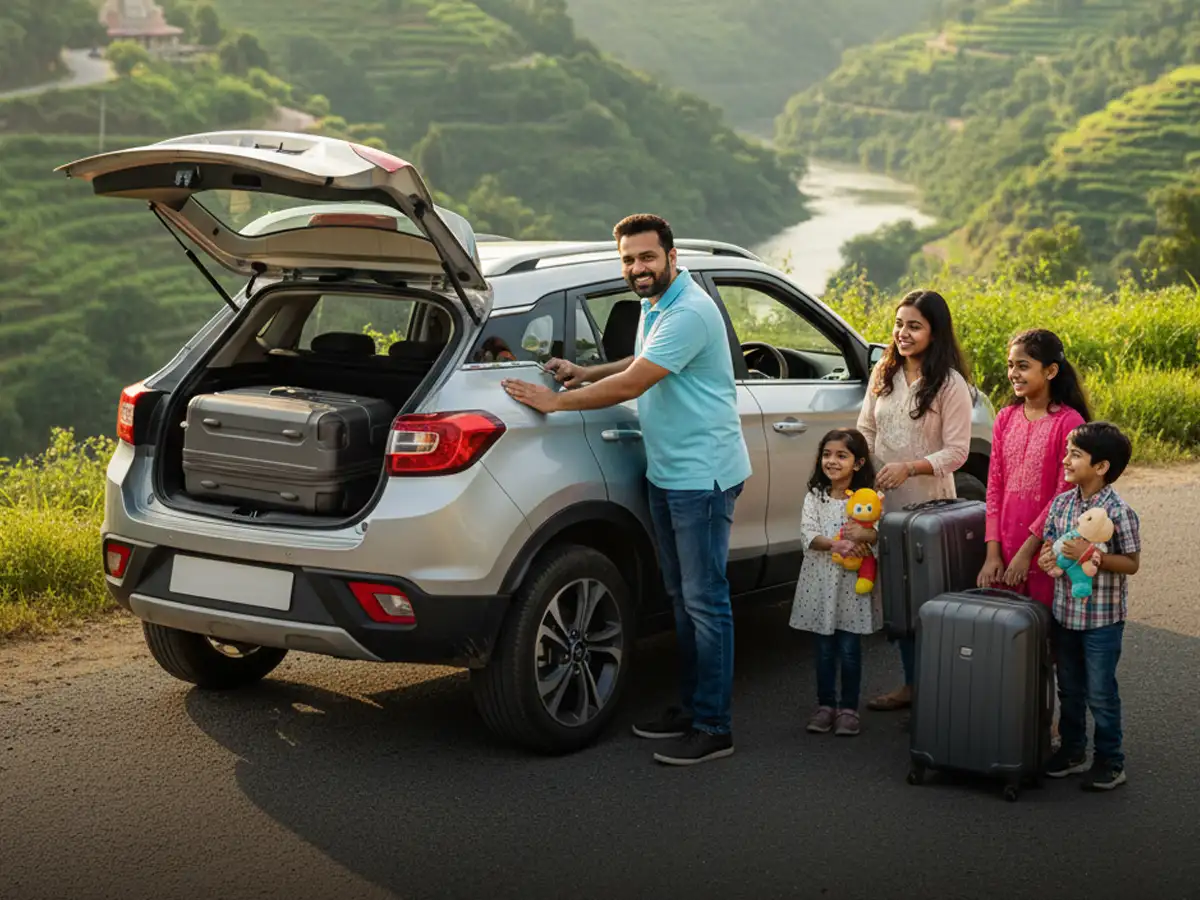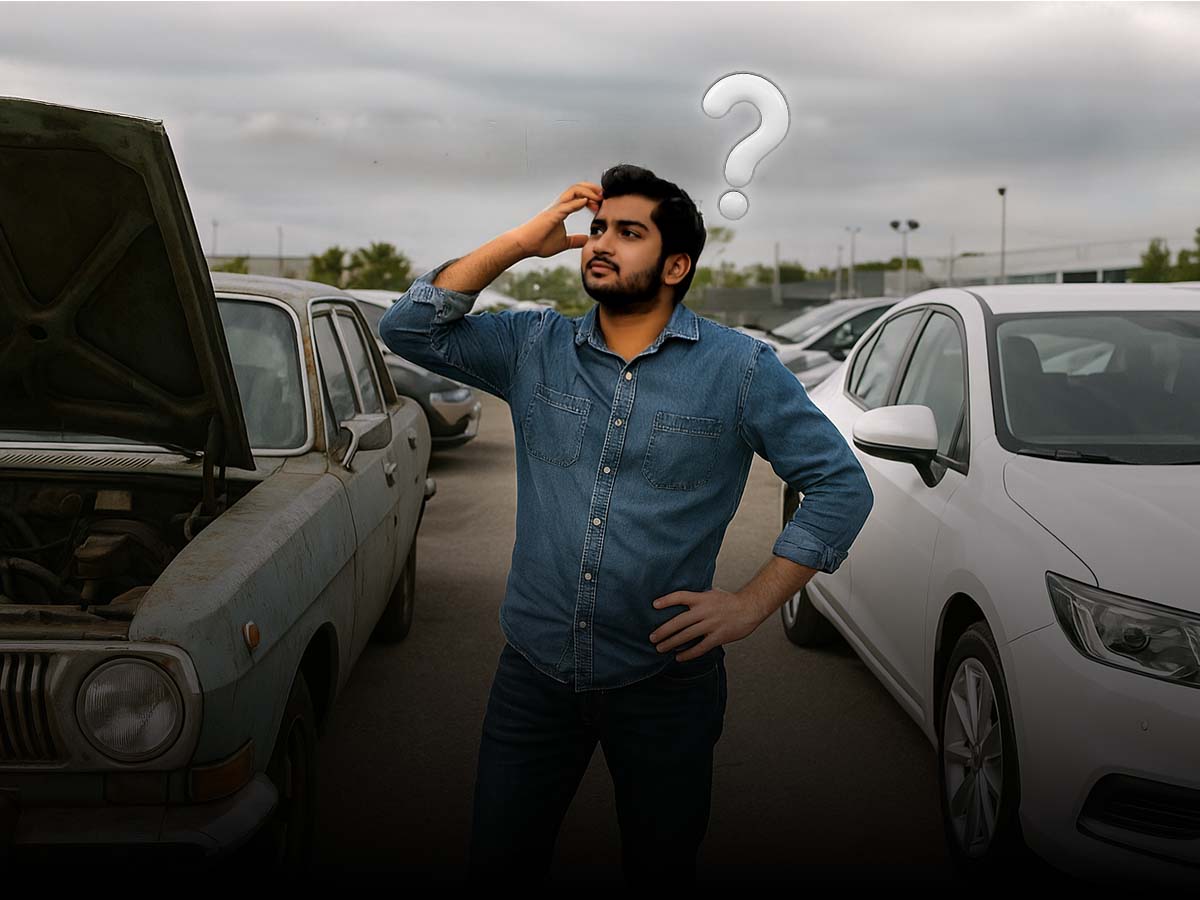

Repair Old Car Vs Buy New: When to do Which?
- 1Know when to repair or replace your old car with practical and clear signs
- 2If your car is under 10 years old with minor issues, repairing it is worth it
- 3Cars nearing 15 years or flood-damaged are best replaced, not repaired
There comes a time in every car owner’s life when you’re left staring at a repair bill, wondering, "Is it really worth fixing this old car again?"
Maybe it's the second time this month you've had to visit the workshop. Or maybe your trusted companion is starting to show its age with creaks, fumes, rattles, and unexpected breakdowns.
On the other hand, the idea of buying a new car feels exciting, but also a little daunting given the steep price hikes in the last few years, taxes, insurance costs and ultimately higher EMIs. It’s a big decision, and you’re not alone in feeling confused about what to do next with your old car.
Some car owners are emotionally attached to their vehicles and avoid getting a new one, or they do not part with their old vehicle even after acquiring a new one. Let’s get to the hows and whys of whether you should repair your old vehicle to continue your journey with the old trusted friend, or get a new car.
When It Makes Sense to Repair Your Old Car
Older cars had fewer features and thus employed fewer electronic systems as compared to newer vehicles. Therefore, fewer components can go wrong in old cars if they are maintained well. However, with age, many components require replacement, such as brake rotors, alternators, head gaskets, suspension ball joints, and bushings. Timely replacement of these parts ensures reliability. If your car is holding up well and the issues are repairable without draining your wallet, you might still get a few good years out of it.
Your car is under 10 years old

In India, you can legally drive a car for 15 years before requiring a fitness certificate. In Delhi NCR (National Capital Region), it is mandatory to scrap your vehicle after running it for 15 years.
If your car is under 10 years old, regular maintenance and vehicle checks can help keep it running smoothly for several more years. This is especially true if you’re not facing any unexpected breakdowns and have never been involved in a significant accident.
You are only facing minor wear and tear

Repairs related to the car suspension, Air Conditioner, tyres, battery, lights or brakes can be identified during car scanning and inspections, which are fairly common and manageable. These parts degrade over time, and replacing them doesn’t cost anywhere near what you would spend on a new car.
Your finances cannot accommodate the new car EMIs

The price of new cars has increased rapidly in the last few years, making them pretty expensive to purchase. This becomes even more pronounced with the increased car loan interest rates over time.
Hence, a brand-new car means higher down payment, costly EMIs, higher insurance premiums, and higher upfront investments via vehicle registration charges. If your finances do not allow the purchase of a new vehicle, repairing your old car often makes more financial sense in the short term.
Your Car Model is Discontinued, but Spares are Still Available

Cars like the Maruti Suzuki SX4, A-Star, Ritz, Tata Zest, Tata Hexa, Hyundai Eon, Nissan Kicks, Honda Jazz, and more have been discontinued in India and are no longer in production. However, their replacement parts are still available at reasonable prices, even at authorised service centres, not to mention local spare parts shops. If you own one of these older vehicles, repairing it is still a viable option to keep your car running.
You’re Happy With Your Car’s Features

As mentioned earlier, old cars were low on tech, and thus, fewer issues arose in them. If you’re not after modern tech upgrades, connected features or fancy designs, and your current car serves your daily needs well, a few repairs here and there can easily
keep you going for years.
When It’s Better to Buy a New Car
Till now, we have discussed when it's better to stick with your old car, but not all cases will serve those decisions well. Sometimes, no matter how attached you are to your old car, replacing it with a new one becomes the smarter and safer decision.
Your Car is Nearing 15 Years (Especially in Delhi NCR)

Due to strict air pollution control laws, petrol cars over 15 years and diesel cars over 10 years are not allowed to ply on Delhi NCR roads. Other states, however, may allow your old vehicle to be driven, but will require a fitness certificate every 5 years after the initial 15-year period has lapsed. Once your car nears this age, it’s better to prepare for a new one than spend on repairs, as you may be forced to part with your old vehicle anyway.
You are Driving a Model of a Brand That Exited India
Car manufacturers such as Ford, Chevrolet, and Fiat, among others, have shut down operations in India. Spare parts for these cars and manufacturers have become expensive and are no longer easily available. This makes repairs costly and unreliable. It’s best to buy a new car from a manufacturer with ongoing service support.
Your Car has Been Flooded
It is a well-known fact that flood damage can silently ruin multiple car systems — including the engine, transmission, wiring harness, sensors, air conditioning, and lead to rusting and corrosion. Repairing flood-damaged cars is an expensive endeavour, and engine damage is typically not covered under the car insurance policy by default.
If your car was submerged during floods or waterlogging, the long-term issues can persist. In most cases, it’s not worth the risk or expense to continue using a flooded car.
You're Looking to Switch From Manual to Automatic
Rising urban traffic and daily commuting through stop-and-go traffic can be a painful experience. Upgrading your old car from manual to automatic is not an option. If you want the comfort of an automatic transmission, the only option is to buy a new vehicle.
You Need a Seating or Space Upgrade
If you have a growing family, or need a 7-seater for a growing family or long road trips, there’s no workaround here — the number of seats in your car can’t be changed. An upgrade to a 7-seater car becomes the only option.
You are Spending More on Repairs Than the Old Car is Worth

If you’ve been involved in an accident and your car’s repair estimate crosses 50% of the resale value of your car, and the car is already quite old, you’re better off investing that money into a new vehicle.
You Want More Modern Features and Safety
Most new cars come with features such as a touchscreen infotainment system, rearview cameras, keyless start, cruise control, six airbags, improved safety ratings, and even ADAS (Advanced Driver Assistance Systems) in some variants. Retrofitting these into old cars is either impossible or extremely costly. Hence, it is advisable to purchase a new vehicle equipped with the features you require.
Final Thoughts: Repair Old Car or Buy a New One?
In the end, we can conclude that if your car is under 10 years old, reliable, and the issues are minor, it still makes sense to repair the old car instead of buying a new one. However, if you’re facing major engine or chassis problems (accidental), or if your car is nearing legal retirement age, replacing your old car with a new one may be the best route.
If you’re planning a switch to a new vehicle, don’t forget you can sell your old car and use the value to fund your new purchase. That way, your transition is financially smoother, and you won’t feel the full pressure of a brand-new purchase.
Frequently Asked Questions
Expand all